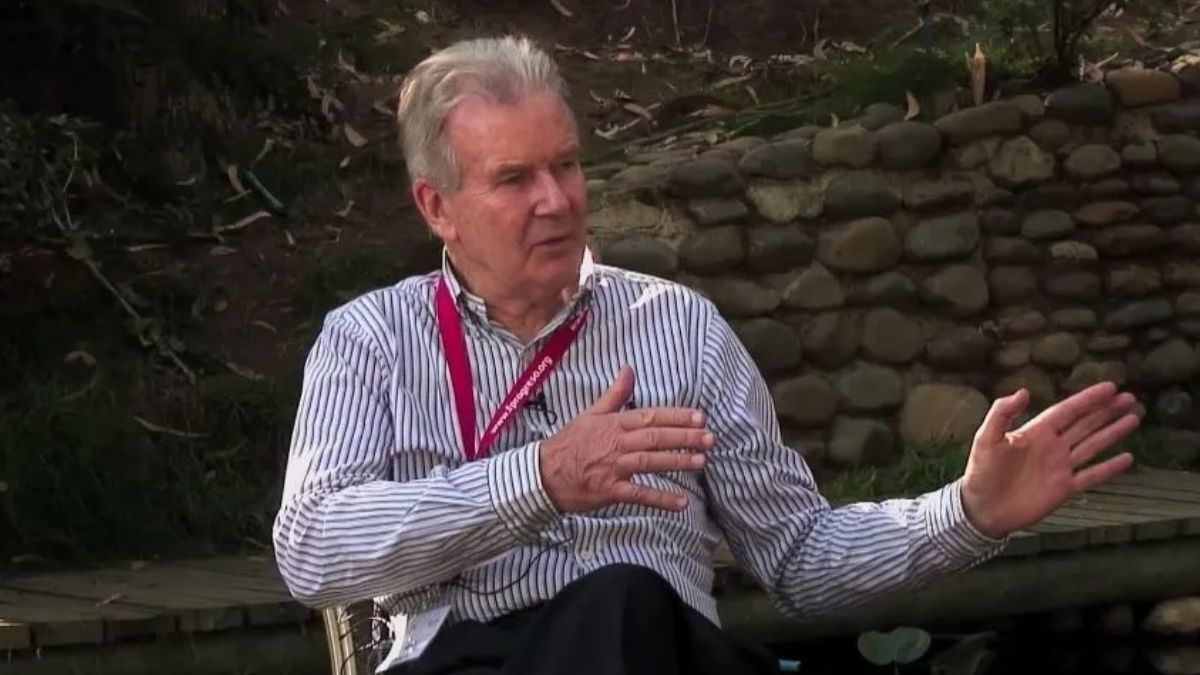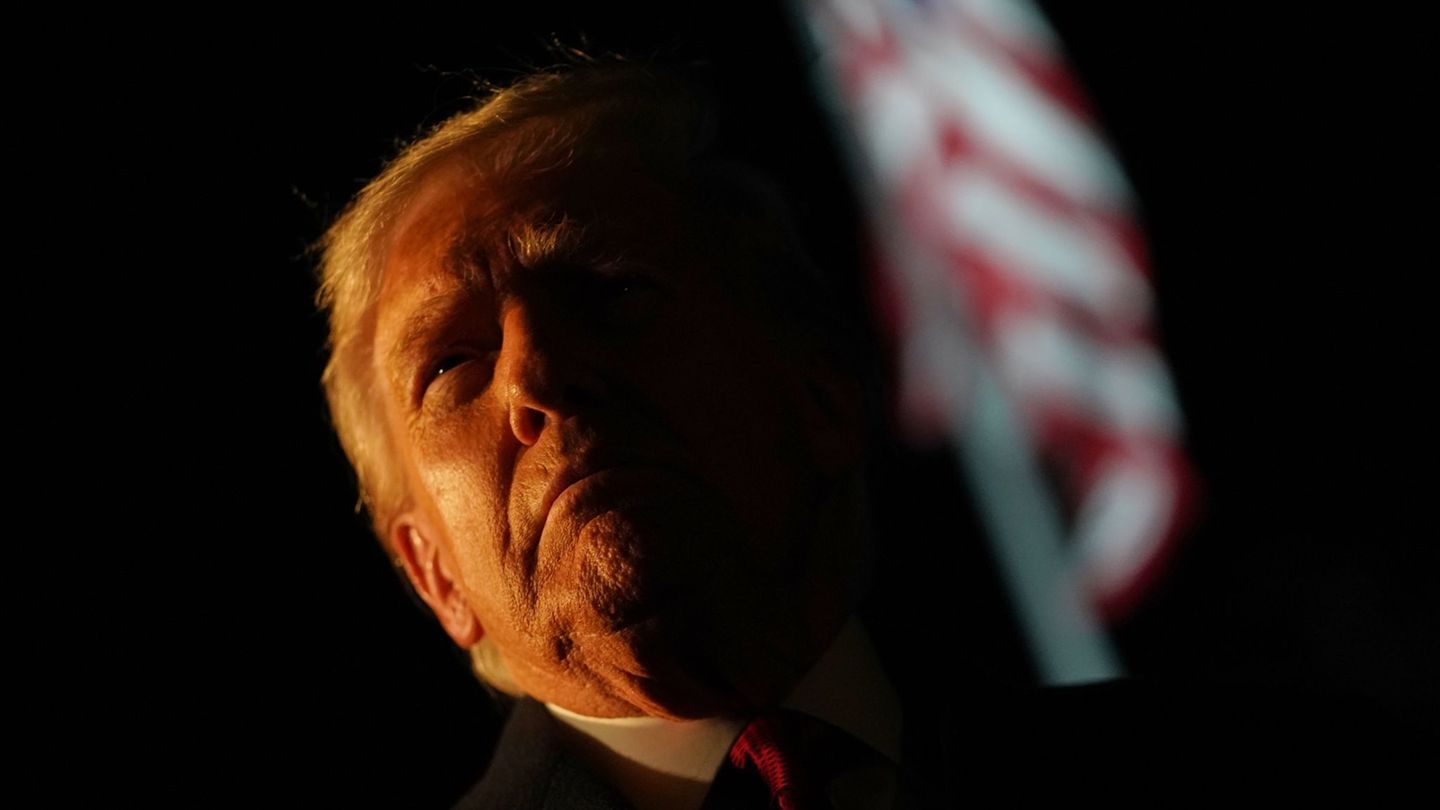From time to time in Chile, historical revisionism of what happened in the ’70s and ’80s in economic matters during the Pinochet dictatorship reappears. Without a doubt, so-called neoliberalism continues to crack trans-Andean society after several decades. Currently, with the poor performance of Gabriel Boric’s government and the Milei effect, the debate on the economic policies that were implemented in those years and the results achieved that repositioned Chile in the world concert resurfaces.
The so-called “Chicago boy’s” Thus, documentaries such as the one by Fuentes and Valdeavellano, and books such as the most recent by Sebastián Edwards “The Chile Project: The Story of the Chicago Boys and the Downfall of Neoliberalism” continue to generate debate. At a time when the Government of Javier Milei is being flagged under the liberal banner, it is interesting to know the vision of one of the authentic “Chicago Boys”, the Chilean economist Rolf Lüderswho occupied the Ministry of Economy and Finance with Pinochet, who analyzed the influence of the “Chicago Boys” in the process of changes that Argentina is experiencing during an interview with him by Marcelo Soto for ExAnte.
Below are the most relevant definitions from the report:
Question: What brings together and separates the liberal Milei from the Chicago Boys of Chile?
Rolf Lüders: Both Milei in Argentina and the Chicago Boys in Chile took charge of economic policy in their countries at times of deep crisis after years of protectionism and state interventionism. Both believe, in general terms, that economic prosperity is associated with the existence of free markets in all areas of economic and social matters. Having said that and today, Milei, influenced by the thought of Murray Rothbard, seems to be a supporter of anarcho-capitalism, a doctrine that even encourages the elimination of the State. I don’t know any Chicago Boy who is in favor of such an extreme measureeven though many probably favor cutting the size of the state and expanding the role of free and competitive markets.
Q.: Does Milei recognize the influence of the Chicago School in Chile or does he undervalue its contribution?
RL: Yes he recognized it. Visiting Chile, before formally beginning his political career, on several occasions he privately and publicly praised the work of those responsible for the economic-social reforms in Chile.
Q.: The exchange rate is a central issue as it was for Chile between 1979/82 (when the price of the dollar was fixed), is Milei doing something similar, could a crisis occur?
RL: In the second half of the ’70s, Chile adopted an exchange rate table to control inflation expectations. The exchange rate was set with an implicit inflation rate decreasing over time and the exchange market was almost completely freed. In Argentina, on the other hand, a table has now been set with an implicit inflation of 2% monthly for most international exchange operations and free exchange is allowed for the rest. In Chile, the scheme applied then, based on the automatic adjustment of the balance of payments, gave good results until the economy was exceptionally and severely affected by the external crisis of those years. In effect, the adjustment of the economy required a reduction in wages of a magnitude that was impossible to achieve politically. In Argentina the free and official exchange rates have been equalized, which is in itself an important achievement. But it remains to be seen what the authorities’ next steps will be, leading to achieving a single free and stable exchange rate, highly appreciated today, and the promised closure of the Central Bank. These steps must be taken by Milei in an environment in which growing poverty can transform into an environment definitively hostile to reforms.
Q: What do you value about the management of Milei’s economy and what are its main advances?
RL: In one year he managed to eliminate the fiscal deficit, drastically reduce inflation, initiate a series of major structural reforms, and achieve the beginning of a cycle of economic growth; and he has done so without losing political support. However, the poverty rate has continued to increase and is now exceeding 50%. The Argentine experience seems to confirm that it is practically inevitable to incur high costs related to important economic and/or structural reforms. In this matter, what happens in Argentina in the coming months will be decisive and it will be possible to judge whether the government can continue with its reform program or political pressures force it to moderate the pace. Due to the international visibility of the Argentine process, any of the alternatives that ultimately prevail will affect the form and content of economic policies in a good part of the region and possibly also the rest of the world.
Q.: The Chilean economy is not good, should some Milei decisions have to be made?
RL: It is true, however, our economy is far from having the current and structural problems of Argentina. The reforms carried out since 1973, during the military regime and later during the Concertación years, have allowed us to achieve a relatively modern institutional framework, so that our problems tend to be of a different nature from those most pressing in Argentina. Of course, we can learn from Argentina the need to substantially improve our fiscal situation, to hopefully even generate the public savings necessary to replenish the reserve funds of the recent past. Furthermore, like our neighbors, we must overcome the prevailing institutional uncertainty and attack the problem of bureaucracy.
Q: What do you consider the most positive and the most negative of Milei’s proposal?
RL: The most positive thing is, without a doubt, the general orientation of the measures, both cyclical and structural, applied so far. They are fundamentally aimed at cleaning up the fiscal situation, reducing the size of the State, privatizing state companies, freeing international trade, freeing internal markets and introducing competition, that is, transforming Argentina’s economy into a modern market economy. . And I have doubts about the exchange rate policy, in particular about the delay that is occurring in this matter.
Source: Ambito
I am a 24-year-old writer and journalist who has been working in the news industry for the past two years. I write primarily about market news, so if you’re looking for insights into what’s going on in the stock market or economic indicators, you’ve come to the right place. I also dabble in writing articles on lifestyle trends and pop culture news.




